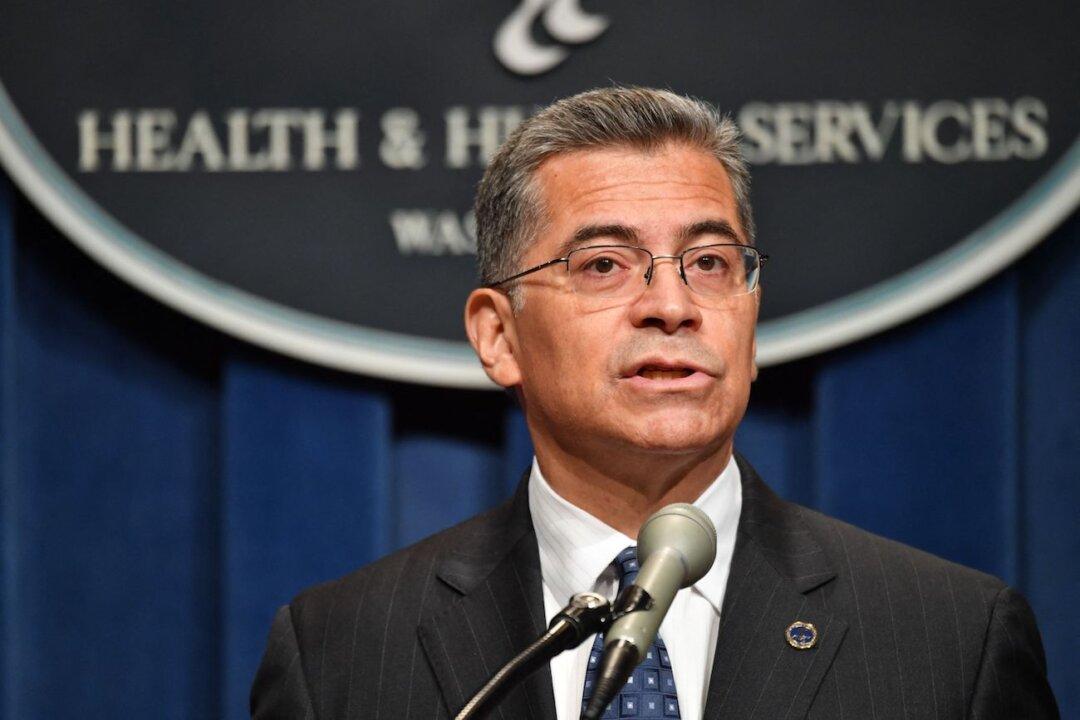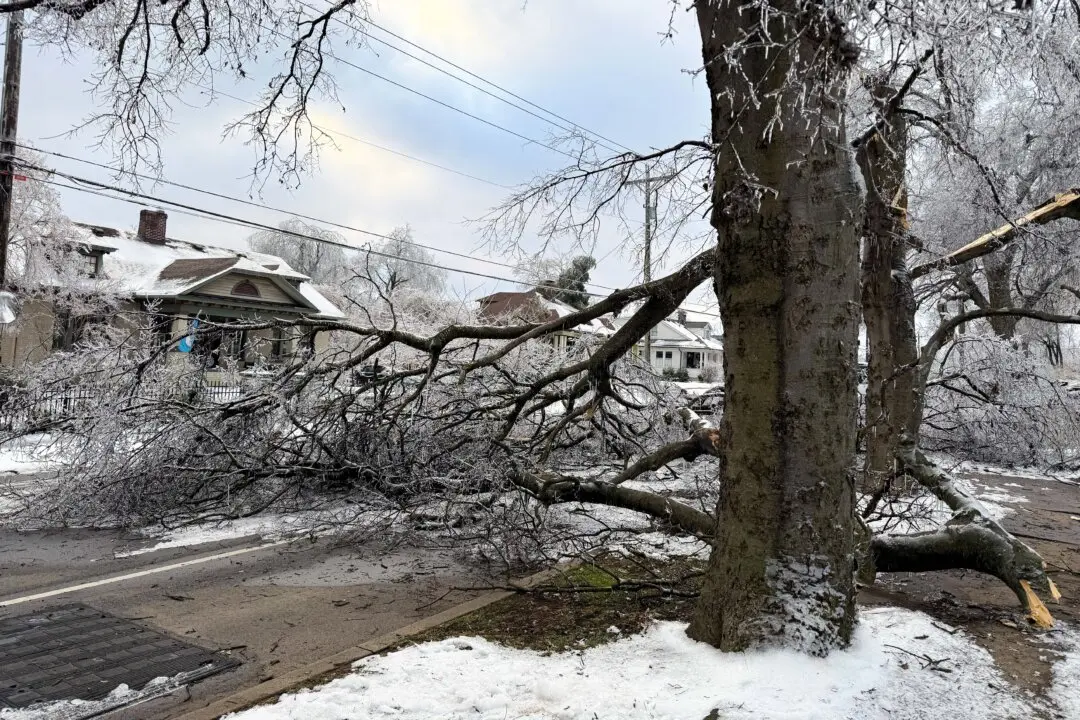The Biden administration is considering the possibility of declaring a health emergency due to the lack of abortion access in some states.
Health and Human Services (HSS) Secretary Xavier Becerra told Axios on Jan. 30 that there have been “discussions” about how best to protect abortion rights, including the possibility of an emergency declaration.





